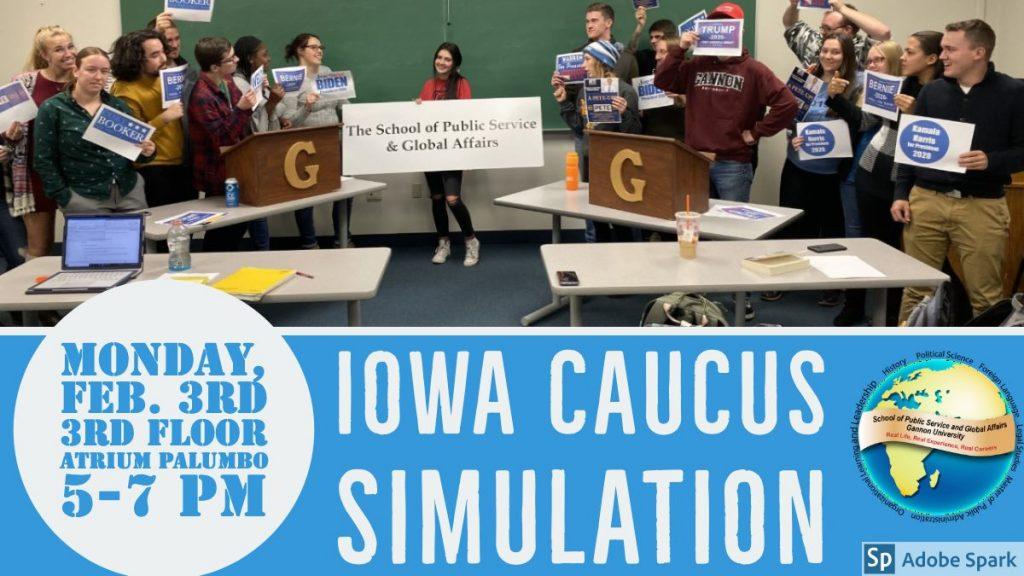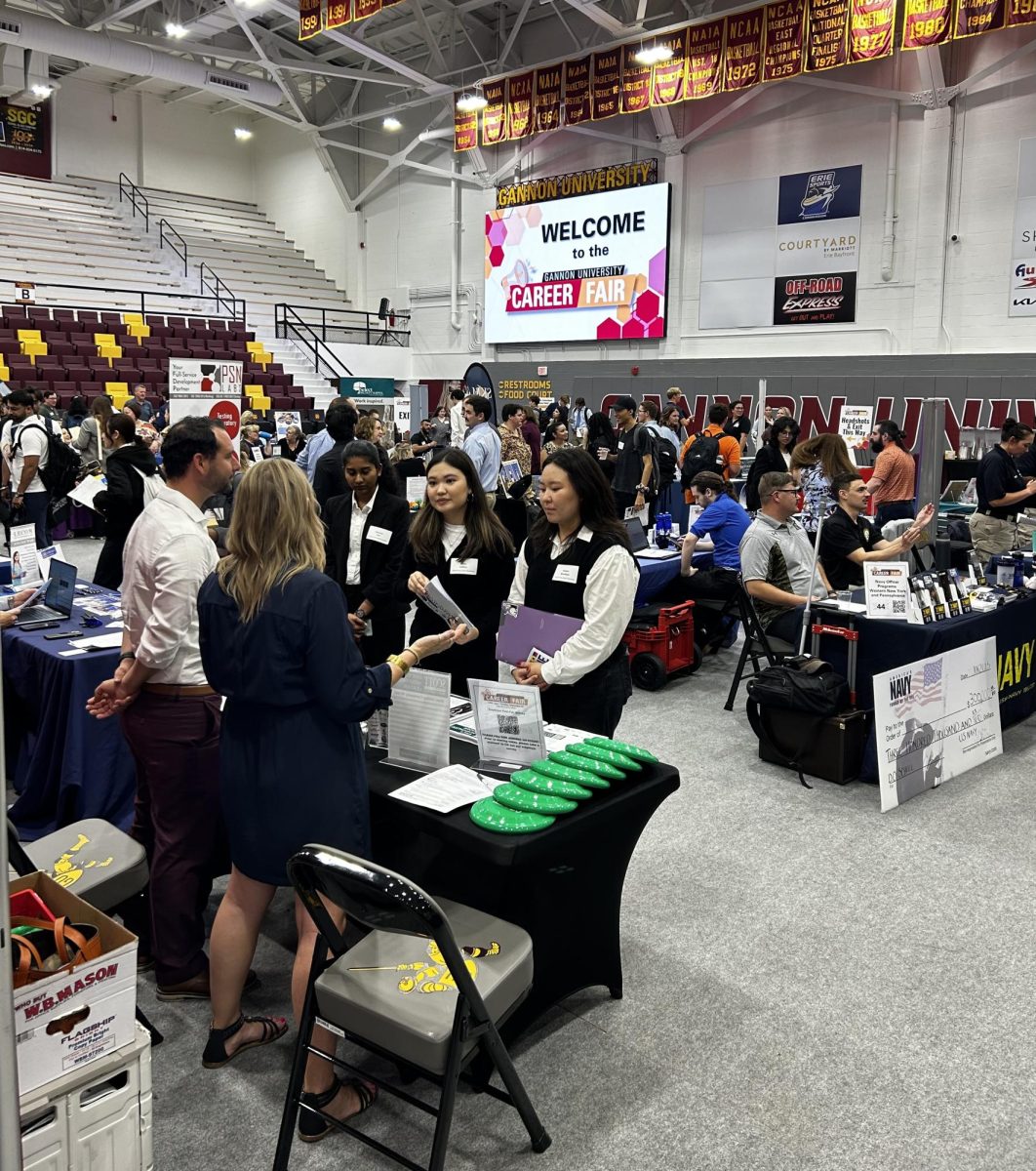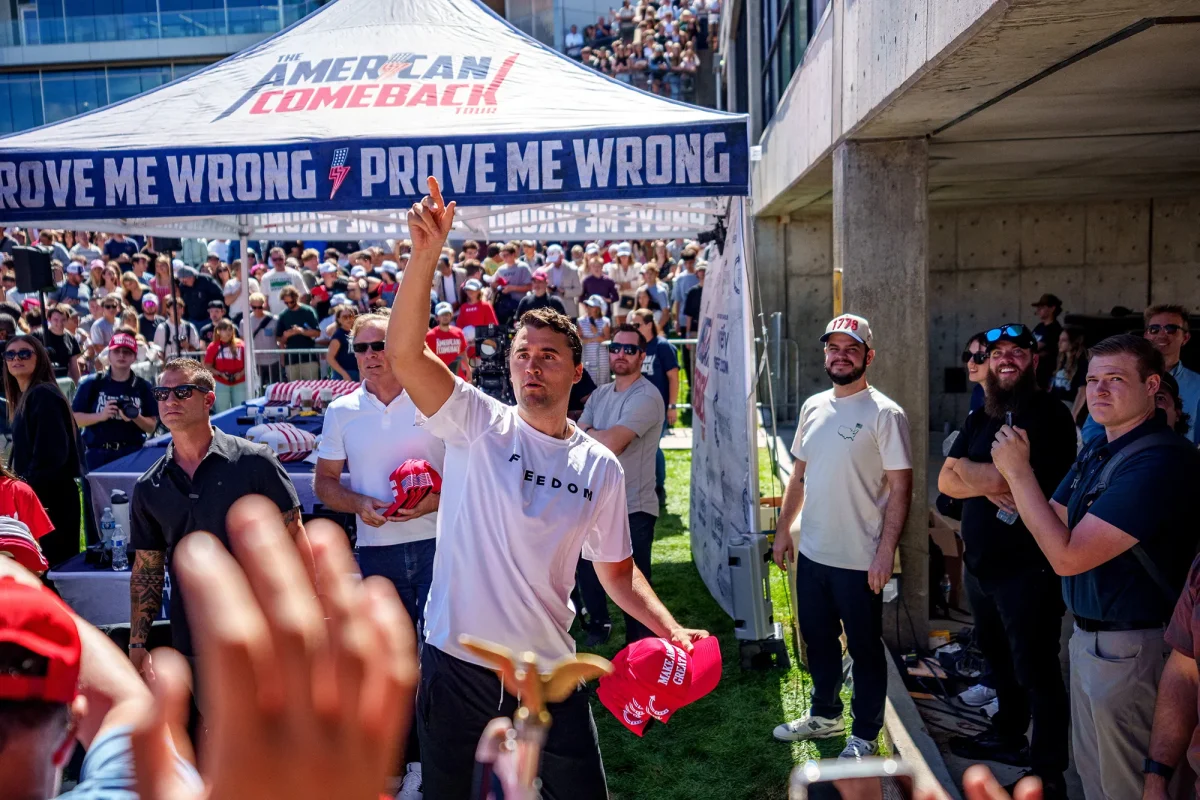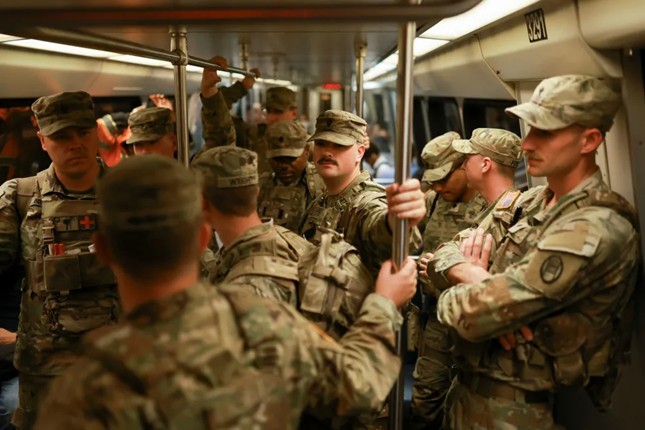Gannon University’s School of Public Service & Global Affairs is preparing to host an Iowa Caucus simulation for humanities students.
The event, which will take place at 5 p.m. Monday in the third floor atrium of the Palumbo Academic Center, is intended to help students understand what a caucus is, and who the candidates running are.
For those who do not know, the Iowa Caucus is seen as the first major step in any presidential election. It is a chance for candidates, Republican and Democrat, to gather and discuss the issues that are important to them, and then have those in attendance indicate their support by standing near their preferred candidate.
However, it is important to remember that this process is not akin to a primary or general election; no candidate is kicked out of the race as a result of poor performance.
Ironically enough, because this caucus has been seen as a strong indicator of who will win the general election, many do end up dropping out of the presidential race if they do not perform well. Because this is the point where many of the fringe candidates drop out of the race, the Iowa Caucus plays an important role in today’s political climate.
Because of the sensitive nature that politics carries, a handful of dedicated faculty in the School of Public Service and Global Affairs saw this upcoming event and realized they had an opportunity to help the campus broach the topic.
Several students and faculty members have arranged for a simulation of this caucus by various students and faculty members.
Jeffrey Bloodworth, Ph.D., one of the people organizing the simulation, even claimed that there will be faculty coming in costume.
Some costume highlights to look forward to are Abraham Lincoln and a suffragette.
But beyond the fun atmosphere, the students involved are looking forward to presenting an educational, yet fun, atmosphere.
Kyla McNulty, a sophomore Public Service and Global Affairs Affairs major, said, “Events like these enable students to engage with one another politically in a civil setting and I think that is really cool,” McNulty said. “It is nice to see, given the current political climate we find ourselves in.”
Students like McNulty will be representing some of the candidates at the event; McNulty herself, however, will be providing technical support for the event.
Those participating in the simulation feel as if it is a great way to bring politics more into themainstream at Gannon.
Bloodworth acknowledges that while Gannon does not have overt activism on campus, it is really events like this that open a forum to learn and engage with fellow students.
Nathan Manion, a sophomore political science major, who will serve as a Bernie Sanders stand -in, offered similar sentiments.
Some professors are even getting involved as candidates themselves.
Timothy Caswell, Ph.D., a surrogate for President Trump, is one of them.
“I am participating because I believe that a vibrant democracy requires an informed public engaged in civil discourse,” Caswell said.
“The caucuses are a unique experience because they bring together friends, family, co-workers, and neighbors to share their ideas about how to move their communities forward. I want my students to not only see that communities can come together to discuss the great challenges facing our nation, but that it is essential that we do so.”
In an era of hyper-partisanship, this is the event to bridge the divide and bring people together.
RANDALL SUTTER
[email protected]








